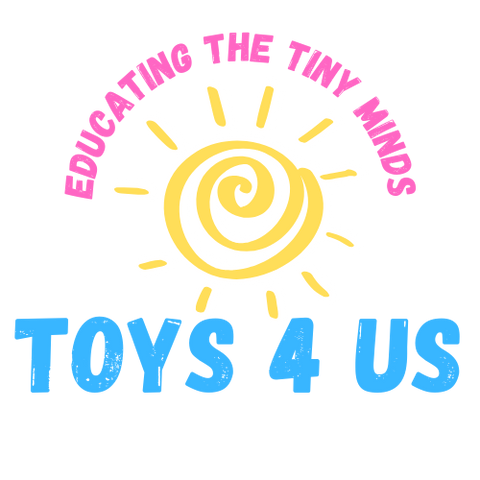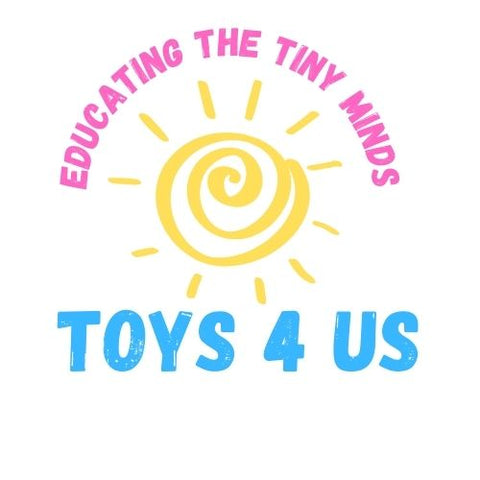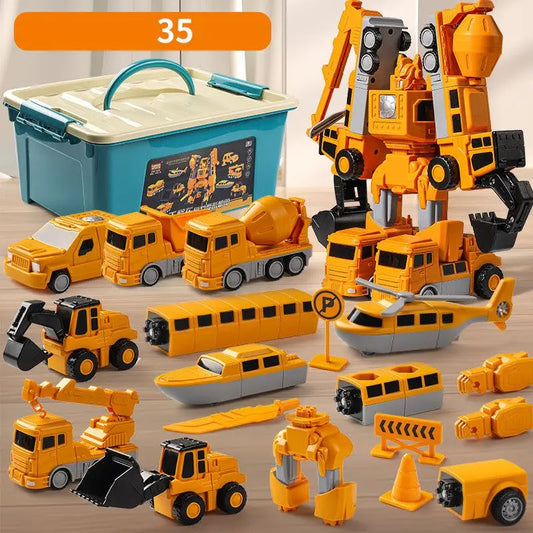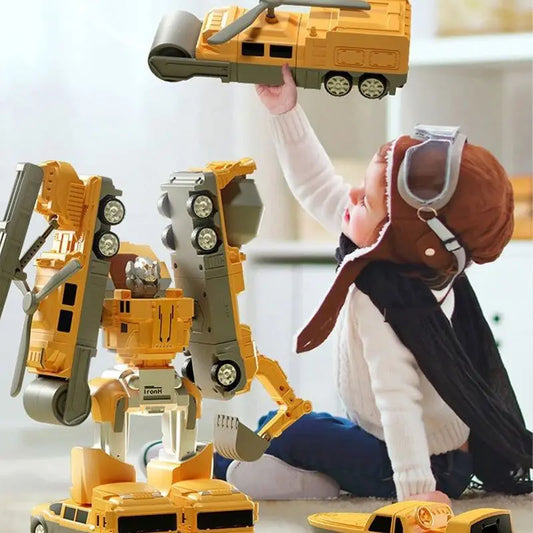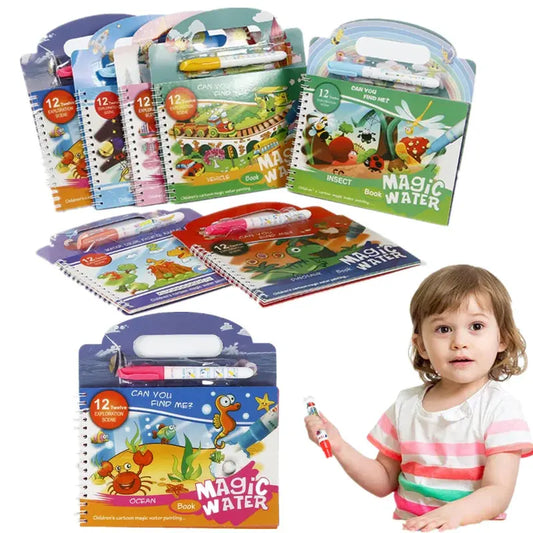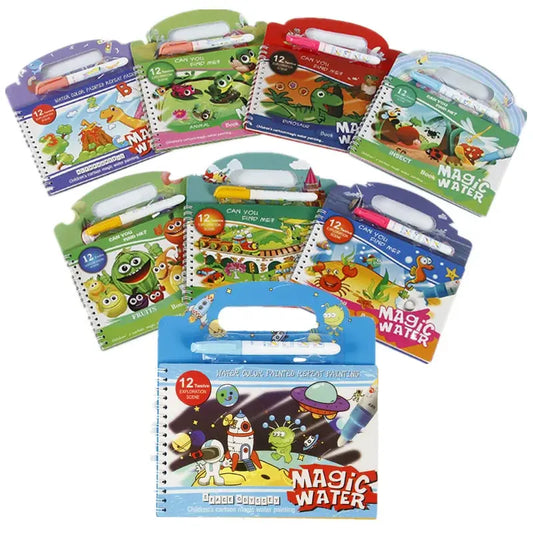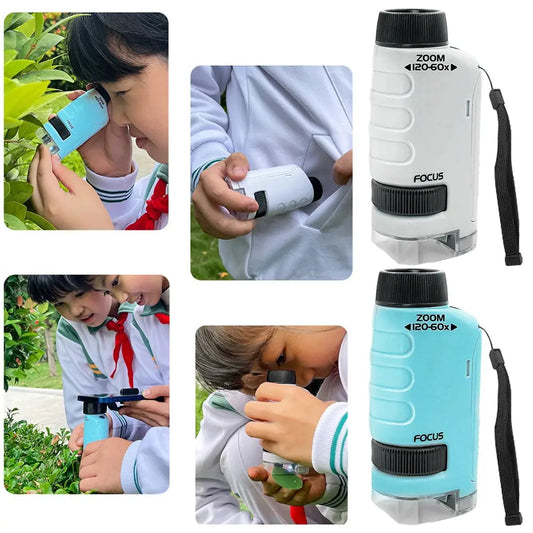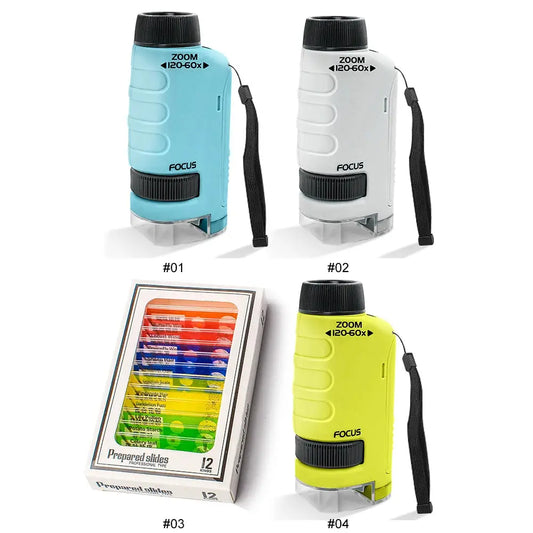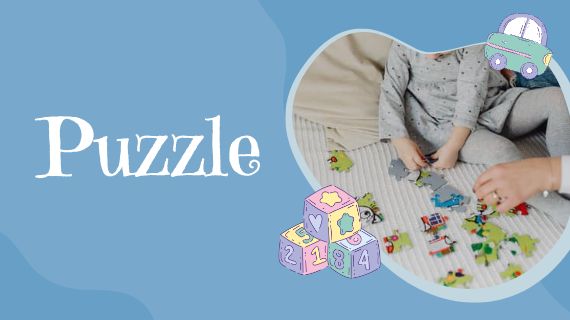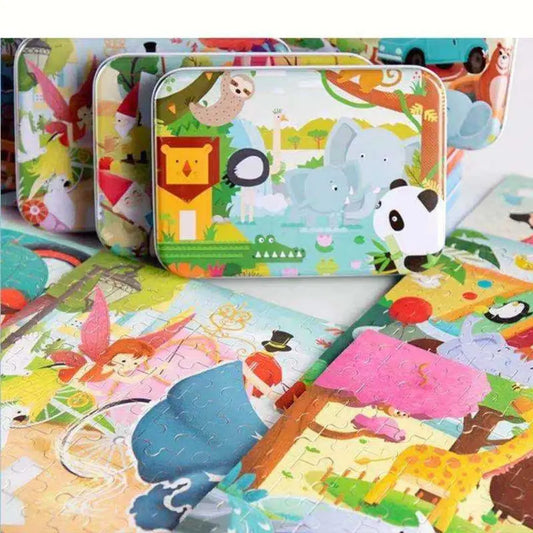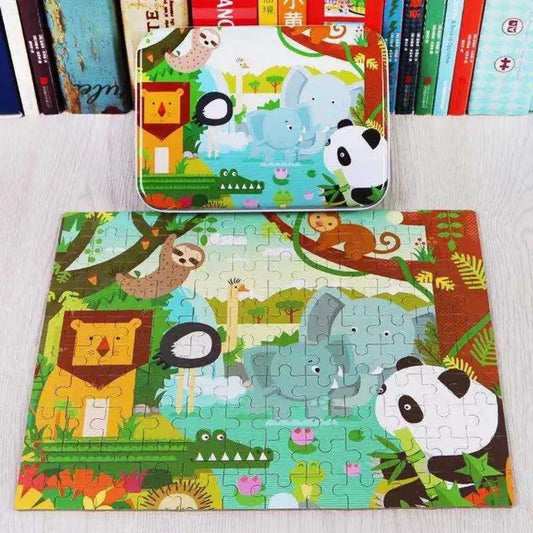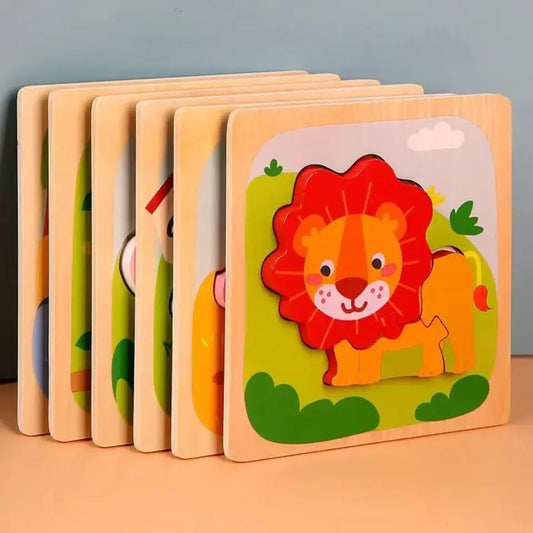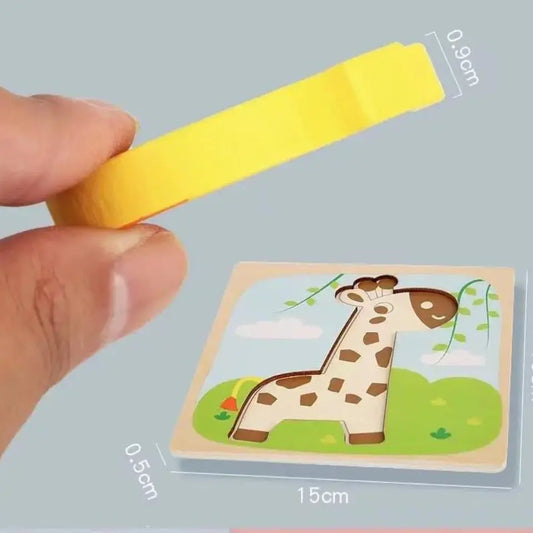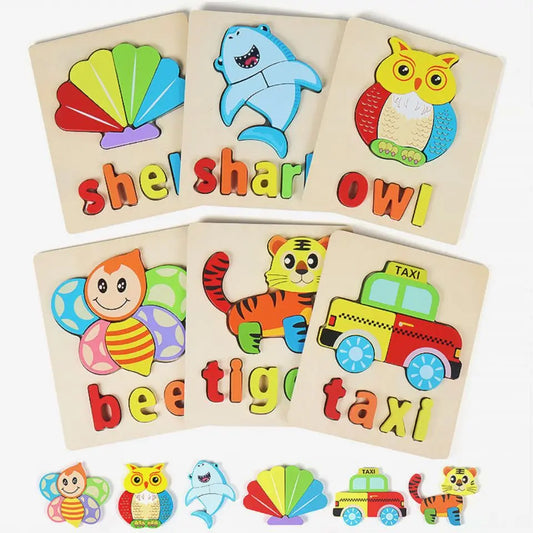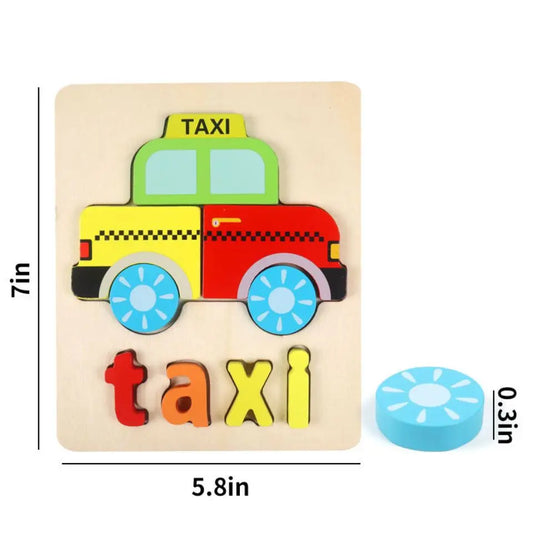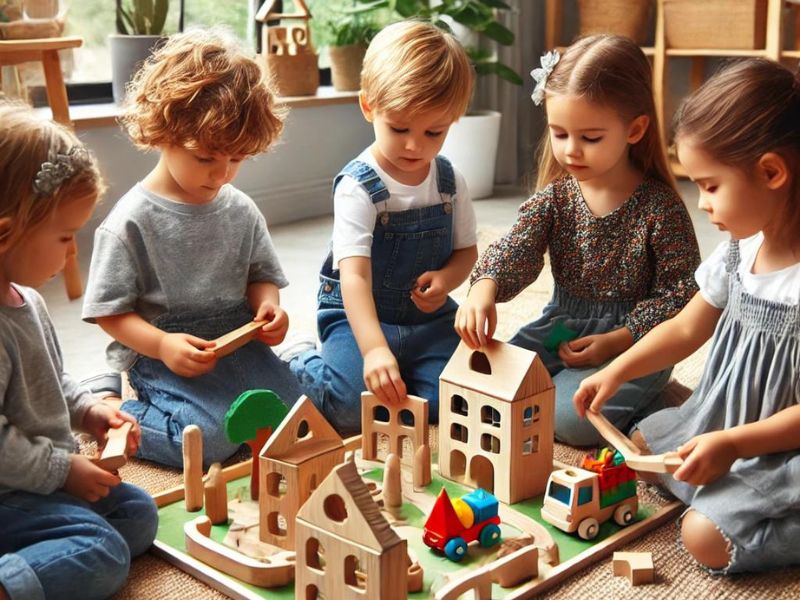Why Montessori Toys are Perfect for Child Development? Montessori toys have become a popular choice for many parents and educators in Australia, as they are designed to support early childhood development through hands-on learning. These toys align with the Montessori educational philosophy, which focuses on allowing children to explore and learn at their own pace. In this Guide to Montessori Toys in Australia, we will explore why these toys are not only beneficial for play but also crucial for nurturing cognitive, physical, and emotional growth. Montessori Toys Australia offers a wide range of educational materials and toys that encourage independence, creativity, and problem-solving skills, all of which are essential components of early development.
The simplicity and functionality of Montessori toys make them unique in their ability to enhance a child’s learning experience. Unlike flashy or overly complex toys, Montessori toys are purposefully designed to engage children in meaningful activities that teach important life skills. From wooden puzzles to stacking rings, these toys provide opportunities for children to develop fine motor skills, coordination, and concentration. By using Montessori Toys Australia, parents and educators can create environments that support children’s natural curiosity and foster a love of learning from an early age. Understanding The Benefits of Montessori Toys will allow you to make informed choices when selecting the best educational tools for your child or classroom.
1. Promoting Cognitive Development
One of the key reasons Montessori toys are perfect for child development is their ability to promote cognitive growth. These toys encourage children to engage in problem-solving, critical thinking, and exploration. Unlike many conventional toys, Montessori toys do not offer quick, pre-determined solutions but instead allow children to figure things out on their own. This process builds the foundations for logical thinking and creativity.
For example, Montessori puzzles and building blocks are designed to challenge children to explore different ways to fit pieces together, which stimulates their brain's ability to recognize patterns, solve problems, and develop spatial awareness. As children experiment with these toys, they also learn how to approach tasks with patience and focus, essential cognitive skills that will benefit them in later learning.

2. Enhancing Motor Skills
Motor skills are divided into two categories: fine motor skills (small movements, such as grasping objects) and gross motor skills (large movements, like balancing or walking). Montessori toys are instrumental in helping children develop both of these crucial skill sets.
Fine motor skills are essential for tasks such as writing, buttoning a shirt, or cutting with scissors. Montessori toys, such as stacking rings, threading beads, or pegboards, require children to use their hands and fingers in precise ways. This repetition of grasping, holding, and manipulating objects improves their fine motor control and coordination over time.
Gross motor skills, on the other hand, are supported by toys like balance boards or climbing frames. These toys encourage children to move their bodies in ways that build balance, strength, and coordination. In Montessori classrooms and homes, these toys are often a staple because they promote physical activity alongside learning.

3. Fostering Independence and Self-Confidence
Independence is a central concept in the Montessori philosophy. Montessori toys are designed to give children control over their learning experience, allowing them to explore and solve problems on their own. This fosters a sense of accomplishment and boosts self-confidence, which is important for overall development.
Unlike toys that require adult intervention or overly complicated instructions, Montessori toys encourage independent play. For example, practical life toys such as child-sized kitchen sets or gardening tools allow children to imitate real-life tasks and complete activities on their own. These toys give children the opportunity to develop practical life skills, making them more confident and capable of taking care of themselves as they grow.
Parents often report that children who engage with Montessori toys demonstrate greater independence in their daily routines and are more eager to try new tasks without constant supervision.
4. Stimulating Creativity and Imagination
Montessori toys often have an open-ended nature, meaning there is no single "right" way to use them. This flexibility allows children to use their creativity and imagination to the fullest extent. For example, simple wooden blocks can become anything from a house to a bridge, depending on what the child envisions.
This kind of imaginative play is critical for brain development. It allows children to explore different scenarios, solve complex problems, and think abstractly. Open-ended toys, such as play silks, wooden animals, or loose parts, provide endless opportunities for creative expression. Children can create their own narratives and scenarios, which fosters not only creativity but also social and language skills as they engage in role-playing or storytelling.

5. Promoting Emotional and Social Development
In addition to cognitive and motor skills, Montessori toys also support emotional and social development. Many Montessori toys, such as collaborative puzzles or group activities, are designed to be used by multiple children at once. This encourages sharing, cooperation, and communication—important social skills that are necessary for building relationships with others.
Montessori toys also help children develop emotional intelligence. The focus on problem-solving and independent play allows children to manage frustration and develop patience. For example, when a child struggles with a puzzle or stacking toy, they learn to keep trying and adjust their approach until they succeed. This process teaches perseverance and emotional regulation, both of which are critical for future challenges.
Furthermore, many Montessori toys are rooted in real-world experiences. For example, practical life toys such as sweeping sets or dressing frames allow children to practice skills they will need in everyday life. This connection to reality helps children feel more competent and in control of their environment, which contributes to emotional growth.

Montessori Toys in Australia: A Growing Trend
Montessori toys have gained significant popularity in Australia as more parents and educators embrace the Montessori method for early childhood education. Australian parents are increasingly seeking out high-quality, eco-friendly toys that not only entertain but also contribute to their child’s development. Montessori toys, often made from natural materials like wood and fabric, align with the growing demand for sustainable, durable, and educational toys.
In Australia, there are several dedicated retailers and online stores offering Montessori toys that cater to different age groups and developmental stages. These toys are designed to fit into the Montessori method, ensuring that children’s play is purposeful, engaging, and educational. As more Australian families discover the benefits of Montessori toys, they are incorporating them into everyday learning environments at home and in childcare centers.
Conclusion: Why Montessori Toys are Worth the Investment
Montessori toys are far more than just playthings—they are essential tools that contribute to a child’s overall development. By promoting cognitive growth, enhancing motor skills, fostering independence, stimulating creativity, and supporting emotional and social development, Montessori toys provide children with the foundation they need to succeed in life.
The beauty of Montessori toys lies in their simplicity and purposeful design. These toys help children engage with the world around them, encouraging curiosity, exploration, and learning at their own pace. For parents and educators who want to provide the best possible environment for a child's development, investing in Montessori toys is a valuable choice.
As we have explored in this post, the benefits of Montessori toys go beyond entertainment—they are a key part of a well-rounded and thoughtful approach to early childhood education. With the growing popularity of Montessori education in Australia, parents now have access to a wide range of high-quality Montessori toys that can support their child’s development in meaningful ways.
